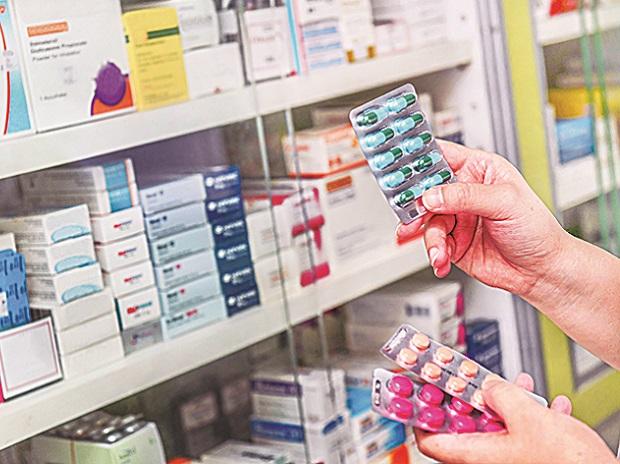[ad_1]
To curb the menace of spurious medicines, the government is finalising the process of mandating pharmaceutical companies to print bar code on the packages of 300 drug formulations so that information such as manufacturing licence and batch number can be accessed upon scanning.
The amendments to Drugs and Cosmetic Rules, 1945 which, once approved, will come into force from May next year.
“A sizable of the drugs mentioned in the list are mostly bought over the counter exposing people to the possibility of consuming counterfeit medicines. This amendment aims to prevent supply of fake medicines and ensure improvement in public healthcare,” an official source told PTI.
“A bar code or QR code will authenticate whether a particular drug is original or not,” the official added.
The Union health ministry had issued a draft gazette notification regarding the same in June seeking comments and feedback from the public.
Based on the comments and further deliberations, the ministry is in the process of finalising it.
Manufacturers of 300 drug formulation products as specified in the Schedule H2 of the Rule 96 of Drugs and Cosmetics Act will be required to print or affix bar code or quick response code on its primary packaging or secondary package label that store data or information legible with software application to facilitate authentication.
The stored data or information shall include particulars such as unique product identification code, proper and generic name of the drug, brand name, name and address of the manufacturer, batch number, date of manufacturing and expiry and manufacturing license number.
In the first phase, 300 drugs from top pharma brands having around 35 per cent of the total market share will be brought under this ambit and by December next year, all drugs may be covered.
The drugs include Allegra, Amlokind, Azithral, Betadine, Calpol, Ceftum, Combiflam, Dolo, Dulcoflex, Ecosprin, Gelusil, Jalra, Lantus, Manforce, Meftal Spaz, Shelcal, Human Mixtard, Pan 40, Otrivin, Pantocid, Rantac, Stamlo, T-bact ointment and unwanted kit and Volini spray.
The Drugs Technical Advisory Board (DTAB) in a meeting held in November 2021 had recommended introduction of bar code or QR code in the top 300 brands of drug formulations.
(Only the headline and picture of this report may have been reworked by the Business Standard staff; the rest of the content is auto-generated from a syndicated feed.)
[ad_2]
Source link



